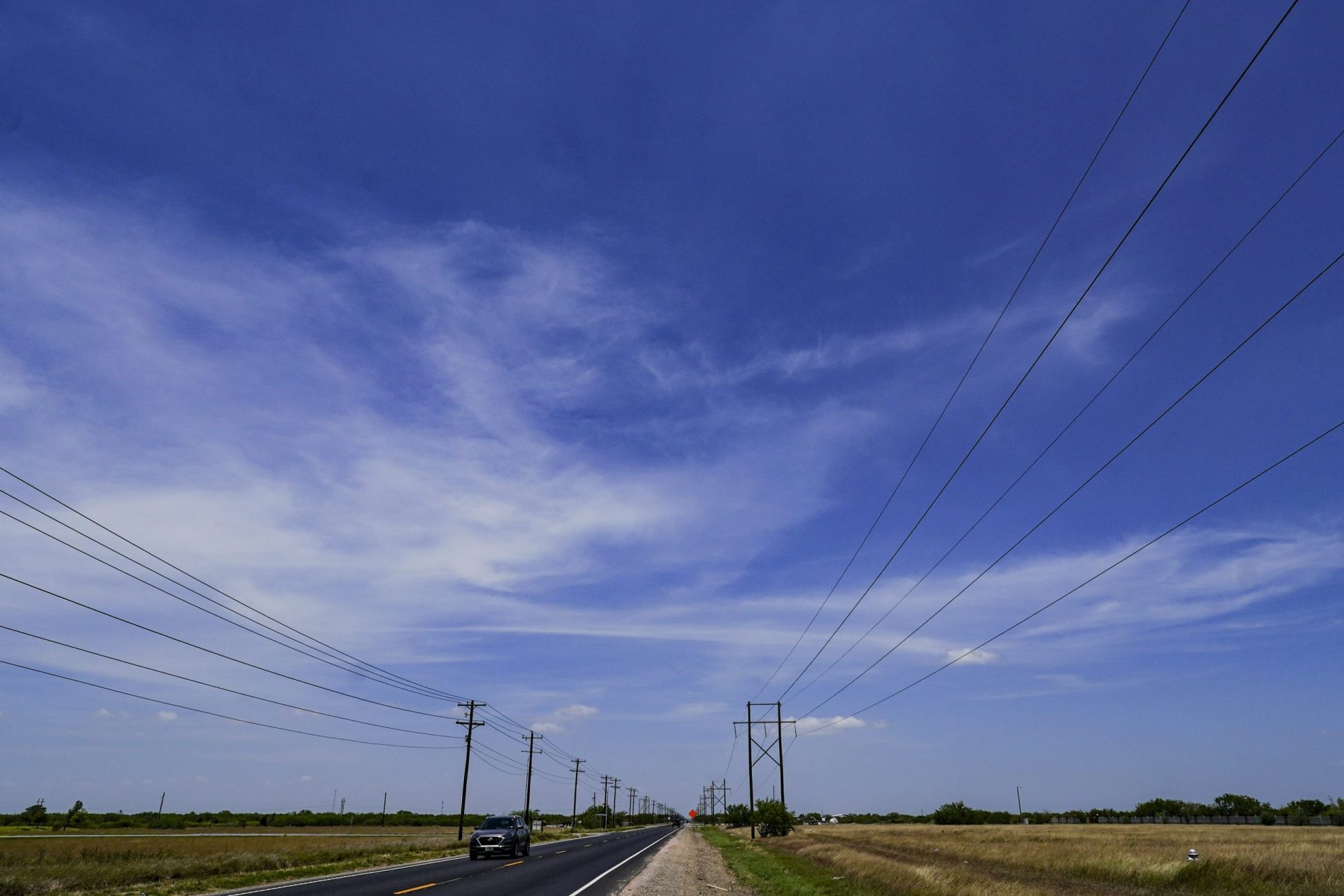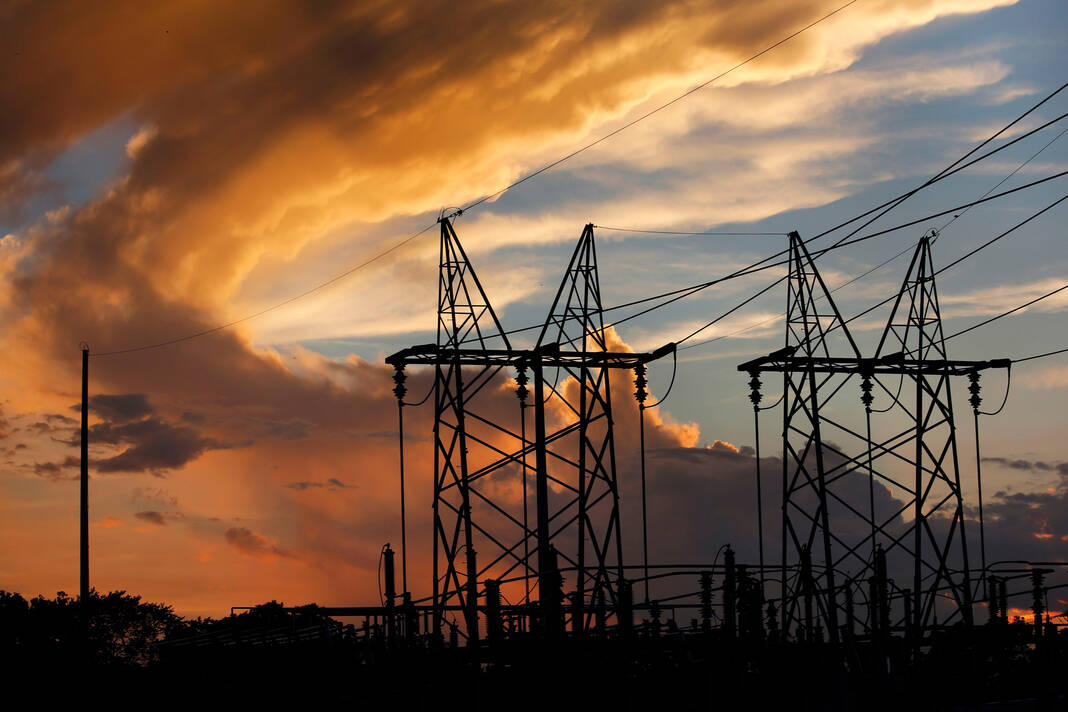|
Only have a minute? Listen instead
Getting your Trinity Audio player ready...
|

DALLAS — Texas’ electrical grid operator ERCOT is asking residents and businesses to cut back on energy usage Thursday as the state faces record power demand with extremely high temperatures.
ERCOT put in a voluntary conservation notice from 3 p.m. to 8 p.m. Thursday, when electricity demand is projected to hit an all-time record of 84,165 megawatts. The conservation notices will likely return as the week rolls on with even higher temperatures
ERCOT expects that the state will come within two to four megawatts of available energy capacity during the next few days when temperatures are hottest in the late afternoon.
The voluntary conservation notice means that demand is high because of scorching temperatures upwards of 107 degrees Fahrenheit on Thursday and up to 109 degrees Friday.
It’s prompting malls, manufacturers and airports to enact power conservation measures.
That could drive energy demand up to 86,800 megawatts Friday, about 8% higher than energy use on Wednesday when high temperatures dipped into double digits. Energy producers are expected to up capacity on those days to compensate for higher temperatures.
Those summer energy demands are higher than the peak of 82,379 megawatts that state officials projected in spring, but the Texas grid has held up despite daily low temperatures that have regularly been above 80 degrees.
Texas hasn’t had widespread power outages from demand issues since extreme cold froze natural gas-powered energy plants during the deadly February 2021 winter freeze.
The voluntary notice means residents are asked to raise thermostats by a few degrees, avoid using large appliances during periods of peak demand and unplugging non-essential appliances. Businesses are asked to do the same, as well as turn off air conditioning, lights and fans during non-business hours.

Demand-induced power outages are unlikely across the state unless natural gas power plants shut down, but the state is adding a massive amount of peak energy demand, said energy consultant Doug Lewin, who authors the Texas Energy and Power Newsletter.
“Our peak demand has gone up about 10,000 megawatts in two years,” Lewin said. “That’s equal to adding an Austin and a San Antonio in just two years.”
Texas is adding most of that demand during peak hours, which is the most expensive way to add power consumption because it means adding more capacity, he said.
“We are doing a terrible job managing that peak, and that is the problem,” Lewin said. “Most of the focus is on adding to the supply.”
Dallas Love Field is turning off chillers during peak hours and appliances such as computers are set to turn off when not in use, said airport spokeswoman Lauren Rounds. Those chillers cool water to and circulate the water through terminals to lower temperatures. But they are turned off during times of peak energy demand.
GM’s auto manufacturing plant in Arlington enacts energy-saving measures when ERCOT predicts high demand, shedding “2 megawatts of consumption by reducing non-essential loads across that site for short periods of time,” said GM Arlington assembly plant spokesman Tom Read.
A spokeswoman for Galleria Mall in Dallas said the shopping center turns off decorative lighting such as light wands and third-floor accent lighting at peak times. But like many businesses, it’s focusing on reducing energy usage all year.
“Energy conservation is a priority for us all year – and we’ve upgraded equipment with more energy efficient equipment, use variable frequency drives and have converted all lighting to LEDs,” said Angie Freed, the mall’s general manager in an email.
ERCOT, the organization of power producers and transmission companies, said the state is not in “emergency operations” mode, which would mean energy demand is getting close to the maximum capacity in the state, a condition that could prompt blackouts or other grid issues.
©2023 The Dallas Morning News. Distributed by Tribune Content Agency, LLC.



